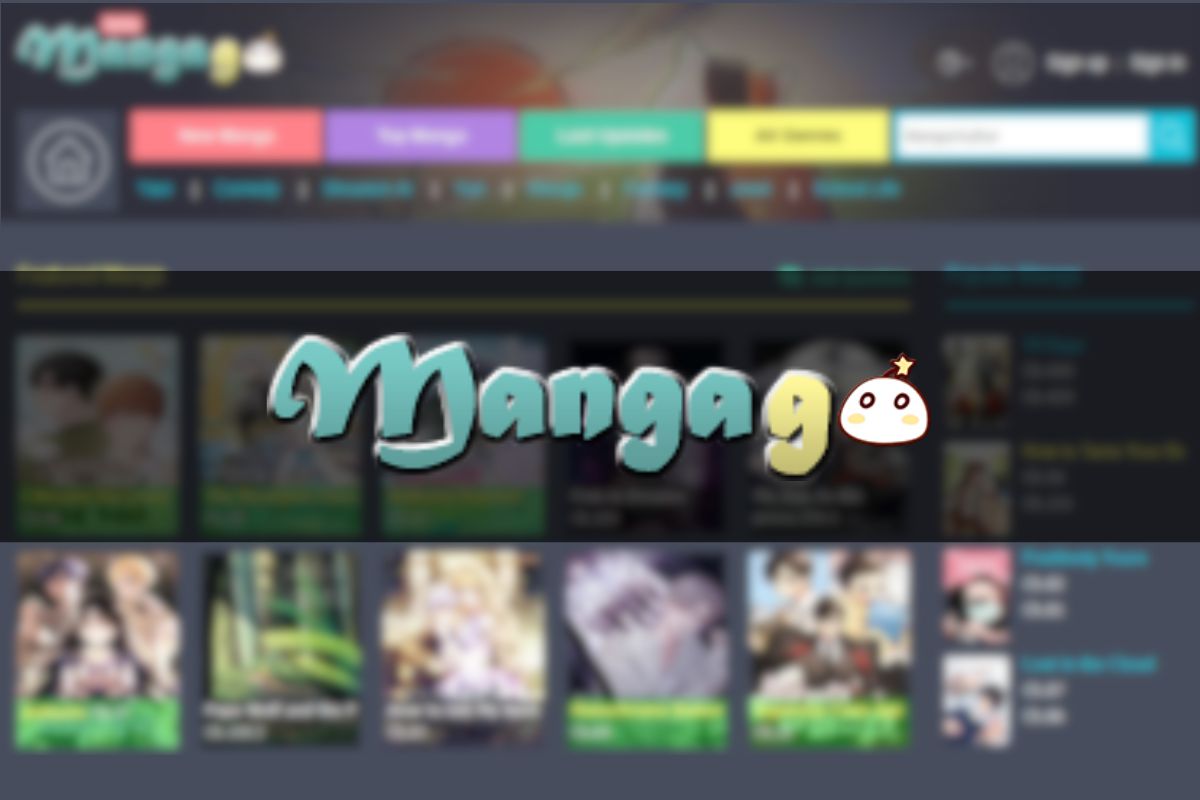Mangago, founded in 2015, has established itself as a prominent platform for manga enthusiasts, offering a vast library of manga titles from various genres, fostering a thriving community, and providing readers with an opportunity to engage with their favorite manga in a digital realm. However, amidst its popularity, Mangago has been embroiled in controversy, facing accusations of ad fraud and hosting pirated content. This article explores the history of Mangago, delves into the allegations, the website’s response, and risks associated with its use, and suggests safer alternatives for manga lovers.
History
Mangago emerged as a beacon of hope for manga lovers worldwide in 2015. It quickly gained traction, attracting readers with its extensive manga library, encompassing genres like shounen, shoujo, seinen, and josei. Moreover, it nurtured a vibrant community where users could discuss manga, share recommendations, and even create fan art. The platform’s accessibility and user engagement catapulted it to prominence, making it a household name among manga aficionados.
Ad Fraud and Pirated Content Accusations
In 2022, Oracle Moat, a renowned company specializing in ad fraud detection, released a report that sent shockwaves through the Mangago community. The report alleged that Mangago was engaged in ad fraud using a technique called “context spoofing.” This technique involved redirecting users to a different website after they clicked on an ad. In Mangago’s case, users found themselves redirected to a site hosting adult content and frequently featuring pirated materials.
This ad fraud scheme not only allowed Mangago to inflate its revenue through increased advertising income but also exposed users to potentially harmful and inappropriate content. Additionally, it became evident that Mangago’s extensive library was rife with pirated manga, blatantly infringing upon the copyrights of manga creators, whose hard work was being distributed without their consent.
Response to Allegations
In response to the allegations of ad fraud and pirated content, Mangago vehemently denied any wrongdoing. Despite this, the website took certain measures to address the concerns raised by users and external observers. One such measure was the introduction of a warning page, explicitly informing users that the platform hosted pirated content. Furthermore, Mangago attempted to make it more challenging for users to access adult content, though the effectiveness of these measures remains debatable.
Risks of Using Mangago
While Mangago continues to enjoy popularity among manga enthusiasts, it is essential for users to be aware of the potential risks associated with the platform:
- Exposure to Harmful Content: Mangago’s association with adult and pirated content exposes users, particularly minors, to inappropriate material, which can have adverse effects on their online experiences and mental well-being.
- Copyright Violation: Reading pirated manga on Mangago directly supports copyright infringement, depriving manga creators of their hard-earned income and discouraging the creation of new content.
- Supporting Ad Fraud: By using Mangago, users indirectly support the website’s alleged involvement in ad fraud, contributing to unethical practices in the online advertising industry.
Safer Alternatives to Mangago
For manga enthusiasts who are concerned about the risks associated with Mangago or wish to support legitimate sources, there are safer alternatives to consider:
- Crunchyroll: Crunchyroll offers a legal streaming service for both anime and manga. It boasts an extensive library of content, including many popular manga titles, providing a safe and ethical option for manga enthusiasts.
- Manga Plus: Owned by Shueisha, one of the largest manga publishers globally, Manga Plus offers a free service with a limited selection of manga and a paid subscription service with access to a broader range of content. Supporting publishers directly ensures the sustainability of the manga industry.
- Webtoons: If you’re interested in webcomics, Webtoons specializes in webtoons, which are digital comics typically read vertically. It features a substantial library of webtoons, including many beloved titles, offering an alternative avenue for comic enthusiasts.
Conclusion
Mangago, once a beloved platform for manga lovers, has found itself mired in controversy due to allegations of ad fraud and hosting pirated content. While the website has denied these claims and taken some steps to address them, users must be aware of the associated risks. As the digital manga landscape evolves, safer alternatives like Crunchyroll, Manga Plus, and Webtoons offer users the opportunity to engage with their favorite manga while supporting the industry and adhering to ethical practices. Ultimately, the choice between Mangago and these alternatives rests with readers, who must weigh the benefits against the potential pitfalls of their chosen platform.











